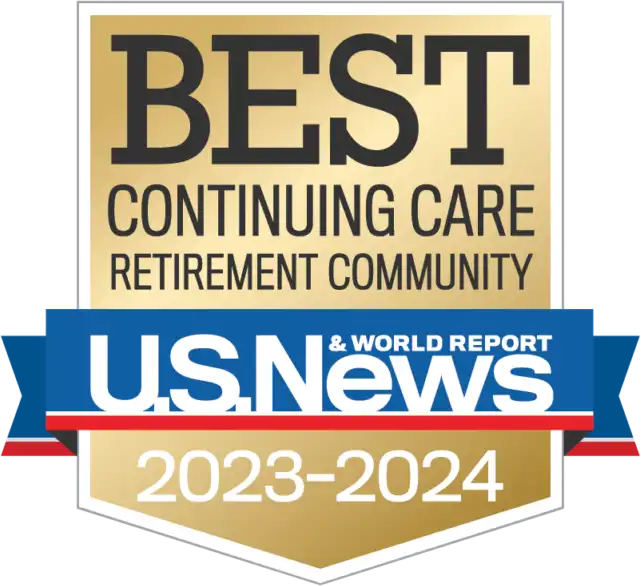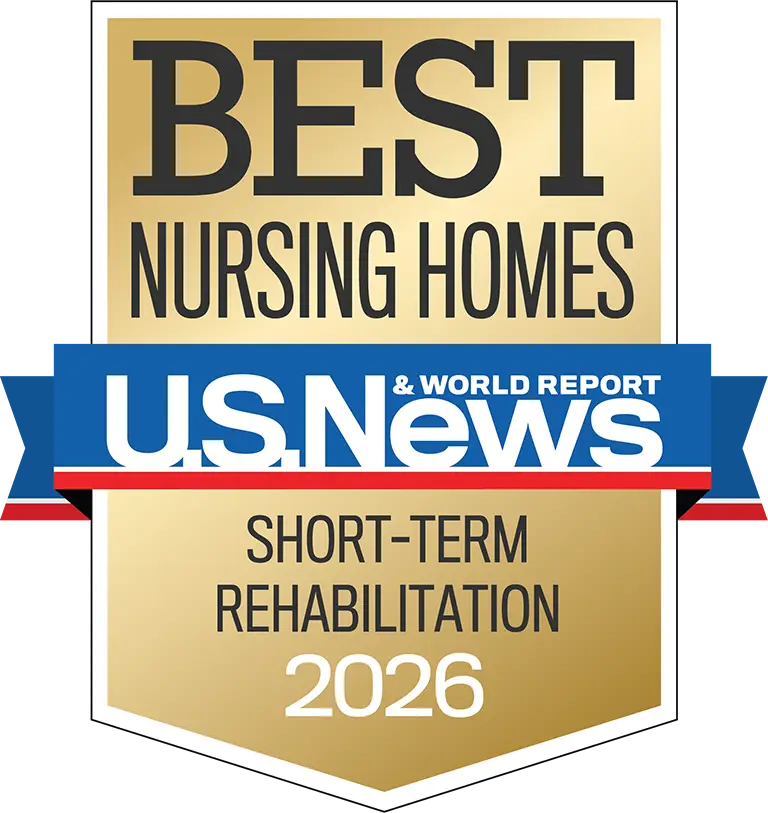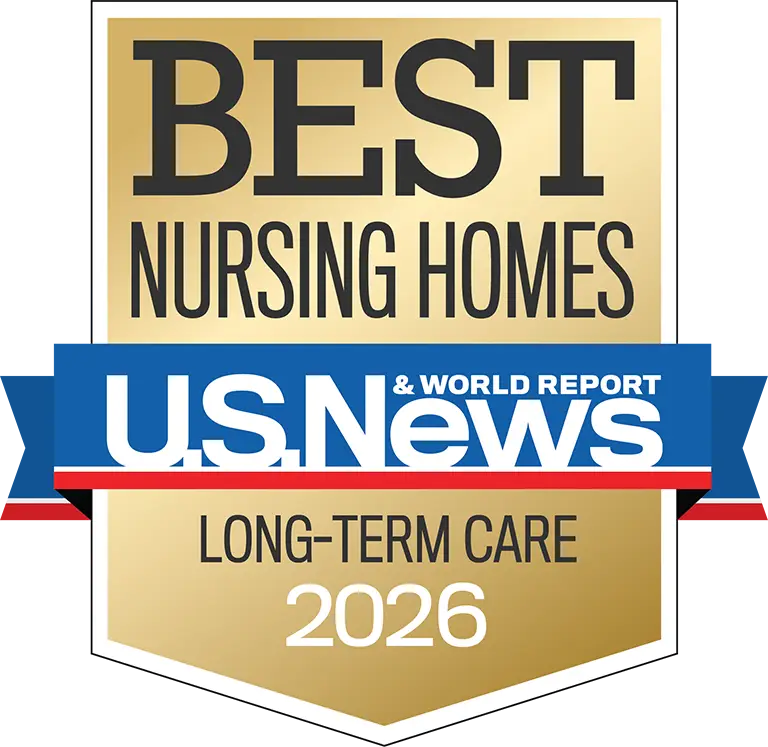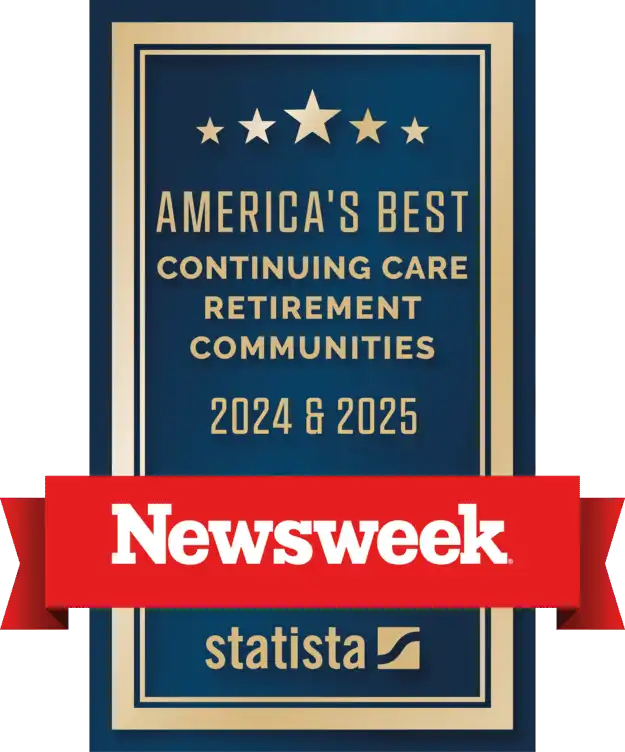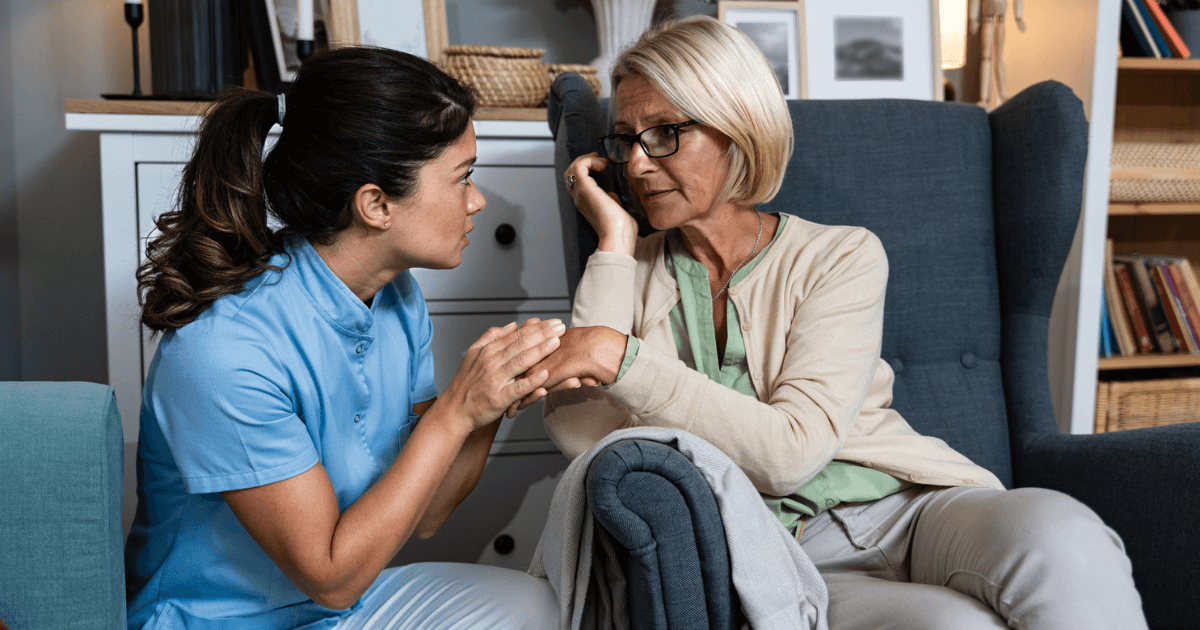
For many seniors, receiving at-home care as they age sounds preferable to other options. Before making that choice though, it’s important to do an honest review of the situation. Here are some factors to consider that could help you and your family decide which path works best for you.
When at-home care is a good option
Your older loved one might be doing well in their own home, only needing assistance occasionally with a few tasks. Overall, they might be enjoying good health, being able to come and go safely, taking care of household bills, getting to the market regularly, and keeping up with other responsibilities. In that case, having a visiting nurse or home health aide stop by occasionally to do a blood-pressure check or assist with medications might be a good choice.
Another way to make at-home care work is to tap into the resources available in adult day care. For example, if your parent is living with you, but should not be left alone, you can arrange to take them during the daytime to adult day care. In this supportive setting, they can benefit from the company of others, enjoy a meal, and engage in an activity. This not only provides a safe alternative to home, it also gives you the peace of mind that they are safe while you are away. Adult day care is usually available on a daily or weekly basis, and includes activities, outings and lunch.
When at-home care is not the best option
Your first priority is of course the health and safety of your older loved one. Sometimes, that means that living at home isn’t the right choice. The good news is today’s senior living communities offer more benefits and more ways to pursue healthy aging than ever.
Not sure if at-home care will work for your situation? Ask yourself the following:
- Is your loved one alone much of the day? Feeling lonely and left out has been shown to be so harmful to emotional and physical health that it has been declared an epidemic by the U.S. Surgeon General. It can lead to high blood pressure, obesity, a weakened immune system, depression and more. Even if a senior is living in a house with other people, if they are alone a great deal, they can suffer the effects of isolation.
- Have you noticed a change in your loved one’s cognitive abilities? Memory issues are more than inconvenient; they can be dangerous for a senior opting for-home care. Wandering, getting lost, forgetting to take medications, even leaving a boiling pot on the stove can all lead to serious injury or worse. Having a home health aide visit once a week just isn’t enough.
Download our free guide: Senior Living Options – A Guide for Understanding Which Level of Care is the Best Fit.
- Is your home, or your loved one’s home, safe? It’s just a fact of life: as we age, our balance changes, our eyesight tends to decline, and things that were once easy become a bit more difficult. Like negotiating stairs or stepping into a bathtub. Changes like this can call for a home to be age-modified, with wider hallways, walk-in showers, safety features in the bathroom, and more. It can be costly and complicated.
- Is your loved one getting enough activity and stimulation? Just sitting on the couch watching television isn’t very inspiring for an older adult. It’s bad for mental and physical health, and it adds to a feeling of being left out and not having a purpose. Even if your Mom or Dad lives with your family, you probably don’t have the time to really focus on keeping them occupied or entertained.
While it might seem like receiving at-home care would make them happier, they actually might enjoy an enhanced quality of life just by being in an environment designed for their wellbeing.
When senior living is the better choice than at-home care
In a wellness-based environment such as you’ll find in senior living, even a person with mobility issues can participate in safe, therapeutic physical exercise, often with a group of fellow residents. It’s not only good for the body, it’s something to look forward to each day. In addition, your parent can benefit from a full calendar of interesting activities and events, providing countless opportunities to reap the benefits of socializing.
And even if your older loved one is doing okay now, being in a senior living setting means they will receive ongoing health monitoring. So should there be a change, a trained staff member can take action and keep you informed. And don’t forget the environment is designed for the safety of seniors, with the required safety features and details, as well as a physical layout that is easy to navigate.
St. Mark Village offers access to a full continuum of care: independent living, assisted living, memory care, skilled nursing, and in-patient rehabilitation
No matter where you or your loved one reside in our community, you benefit from the support, focus on total wellness, and strong social network that can lead to increased longevity. Plus, you have a plan that offers seamless access to future care options, something both you and your family can appreciate.
Senior living focused on the whole person. Download our free guide: Senior Living Options – A Guide for Understanding Which Level of Care is the Best Fit. Or contact us. We’d love to hear from you.



